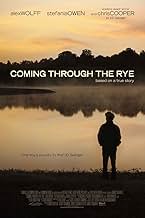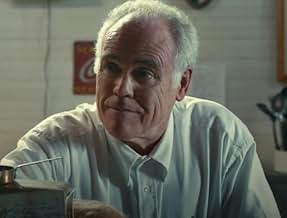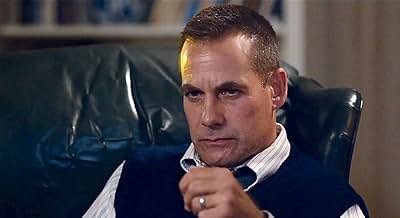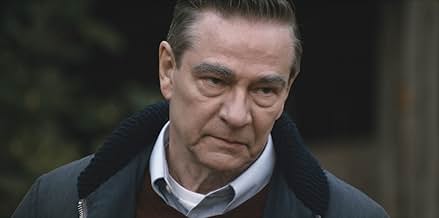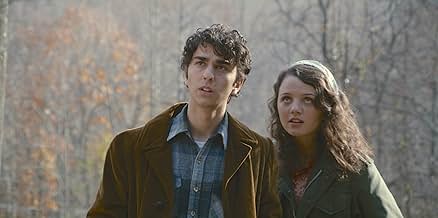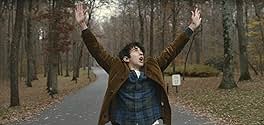Every "Catcher" reader will tell you that you don't need to relate to Holden, don't need to agree with Holden, hell, you don't even need to like him—to know how honest and raw he is with his reader. The reader knows more than Holden does at times, in spite of the walking contradiction that he is. J.D. Salinger wrote "The Catcher" out of desperation. He wrote it trying to hold on to parts of himself that he hadn't even fed in years. And this is apparent upon a first read, seeing that Holden's values are so rooted in who he is—but then not a page later they are replaced entirely. This film was not comprised out of that same desperation, it was composed of admiration, of love for the words that helped to inspire and not just numb. This is a glass and hard plastic reverence to what was once a leather-bound vow; finding your own story, making something of yourself, and searching out your spot to stand and hold the fabric of the world together. This film radiates the feeling of knowing who you ought to be, thinking that's all you could ever be, and then before the credits have rolled crumpling up all the words that used to define you. This film may not be everything that you will hope it to be at times, but it certainly won't all be what you expect. And if that were it's only connection to The Catcher in the Rye, that would be enough to earn the title. But it also develops real characters, and real heartbreak, real headway, and real authentic cinematography. By the end of the film, you thank the director and his fearless cast for leaving the camera rolling long enough to make you itch. If you can manage your own discomfort in those raw moments, you will appreciate how they opted away from "seamless." If only to make a jagged representation of what will always be an honest story, with honest feeling—not written for one person—but for generations to know that they weren't the first to love or hate Holden Caulfield...or Jamie Schwartz for that matter. And they won't be the last.



